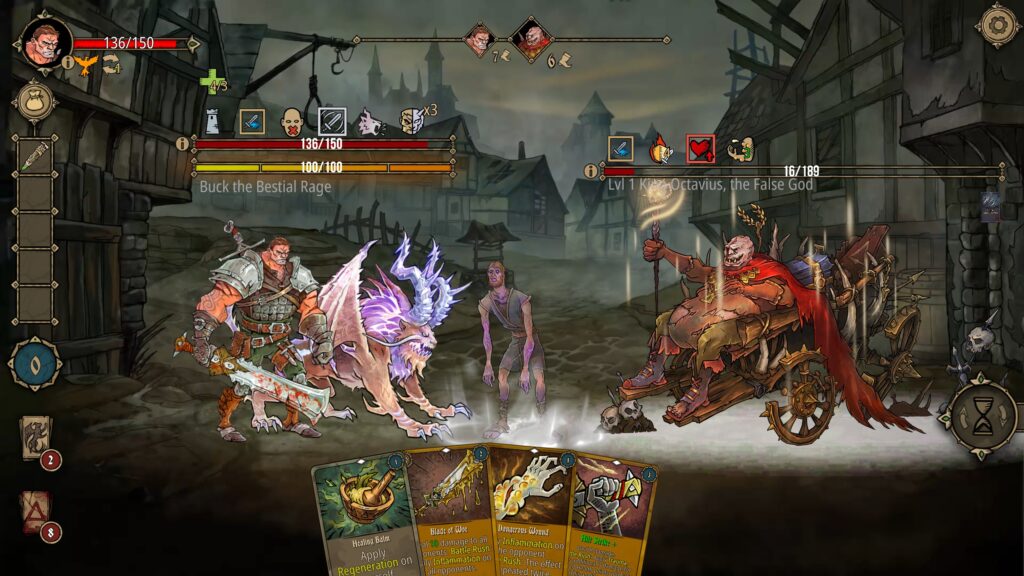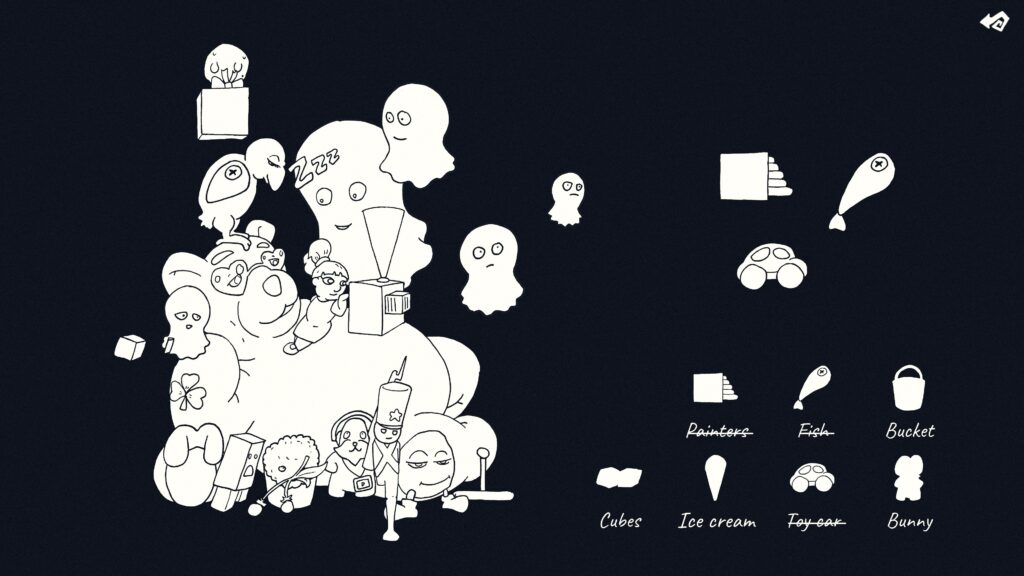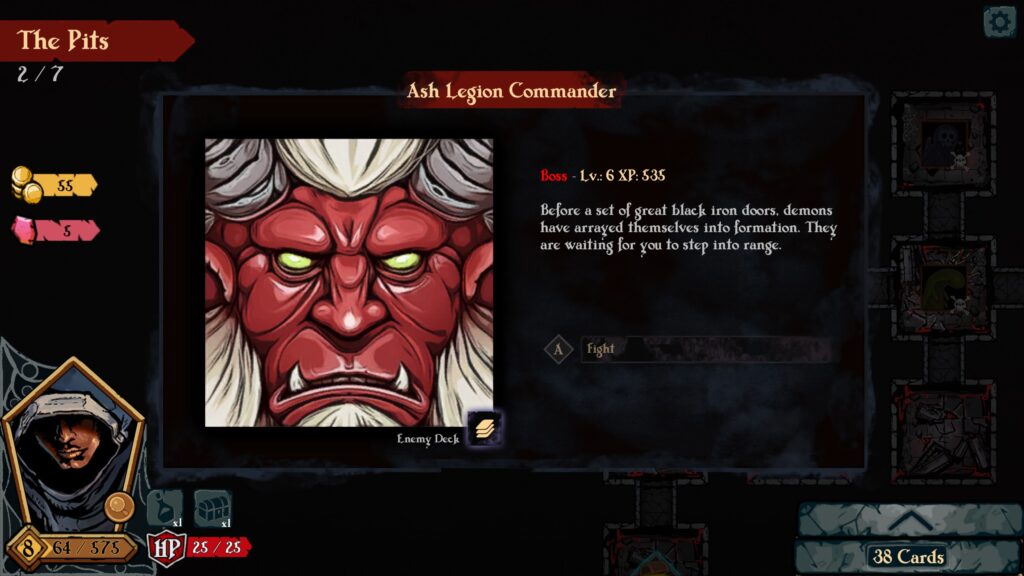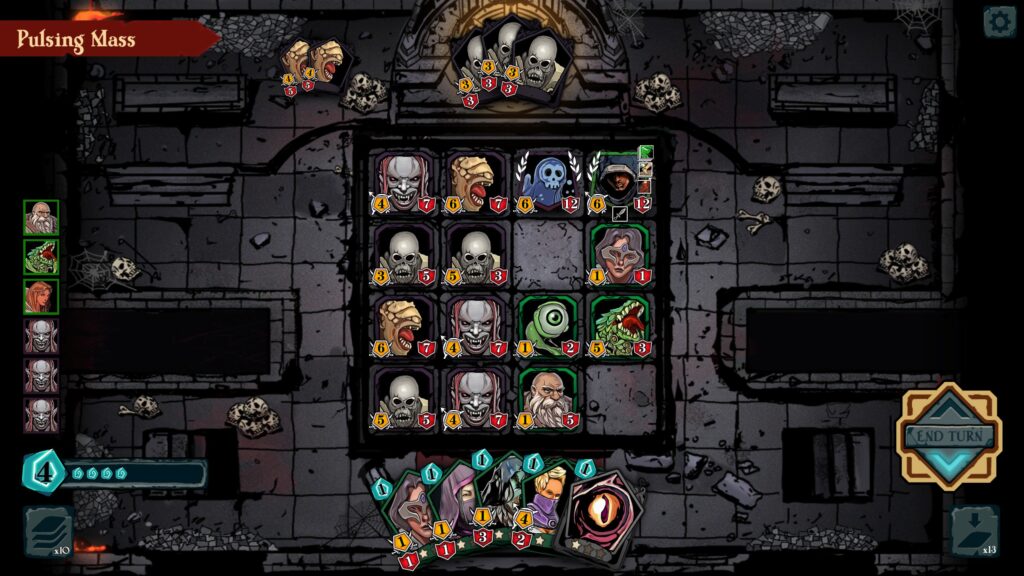Cloudpunk (Review)
Source: Cashmoneys
Price: £16.99 (£24.98 for game and soundtrack, soundtrack £7.99)
Where To Get It: Steam
The City. We all know The City. It’s a dark place, always raining, always cloudy… Or is that smoggy? Yeah, it’s smoggy… Ramen’s your go to vending food, the lights are neon, and the streets are grimy and filled with refuse, both human and otherwise. Welcome to this version of The City. Welcome to Cloudpunk.
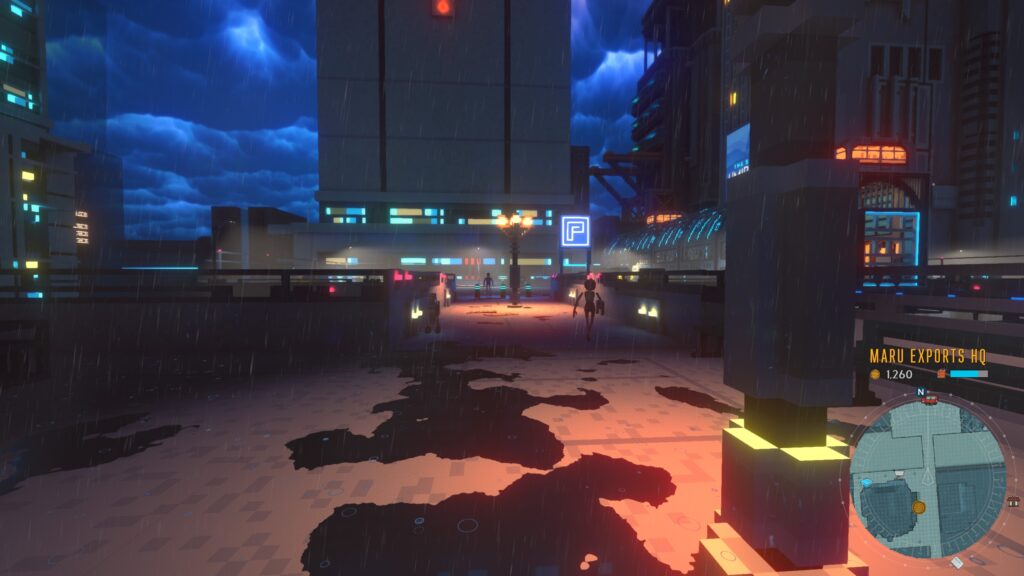
But what is Cloudpunk? Essentially, it’s a narrative delivery service game, set in a dystopian future city with high tech… And low life. You’re a worker for the Cloudpunk service, a service that doesn’t want its drivers to be known as Cloudpunk. You keep hearing the word CORA, and can’t pin down what that means. And within your first hour, you’ve either delivered a highly suspicious package (or haven’t), talked to a variety of people, and met your neighbour, the android Evelin, whose close friend locked away memories in her mind, and is decrypting them (like you, not wanting Corporate Security’s attention) by… Punchcards.
No, the memories aren’t on the punchcards, that’d be silly. But the encryption key to her memories is.
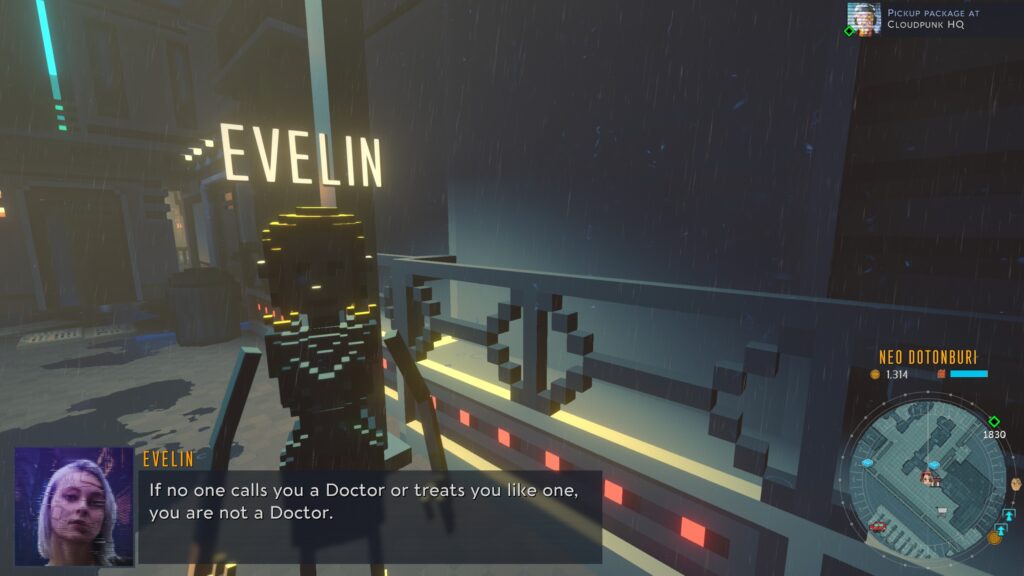
And so, you fly through the world, in your hovercar, walking round places, picking things up, delivering things that you’re meant to deliver after picking things up, and, after a point, just… Exploring. Looking around. This is your first night, and most drivers apparently don’t survive their first night. So why not enjoy yourself, talk to people, get a feel for the city first, eh?
And there’s a fair bit to it. Not only is there the main story, with its sometimes wonky voice acting (mostly pretty good, though), its almost surreal cyberpunk setting (and yes, this counts as cyberpunk, you are Little People, and even living is a rebellion), and its people. An Engineer for the city, the city that’s falling apart, but only he knows what’s up. Red street signs blinking three times is bad. Also blue signs in general. Aaaand orange, yellow, green… Purple’s the worst though. If you see purple, you’re fucked already… Well, according to him, anyway. And he’s just one example.
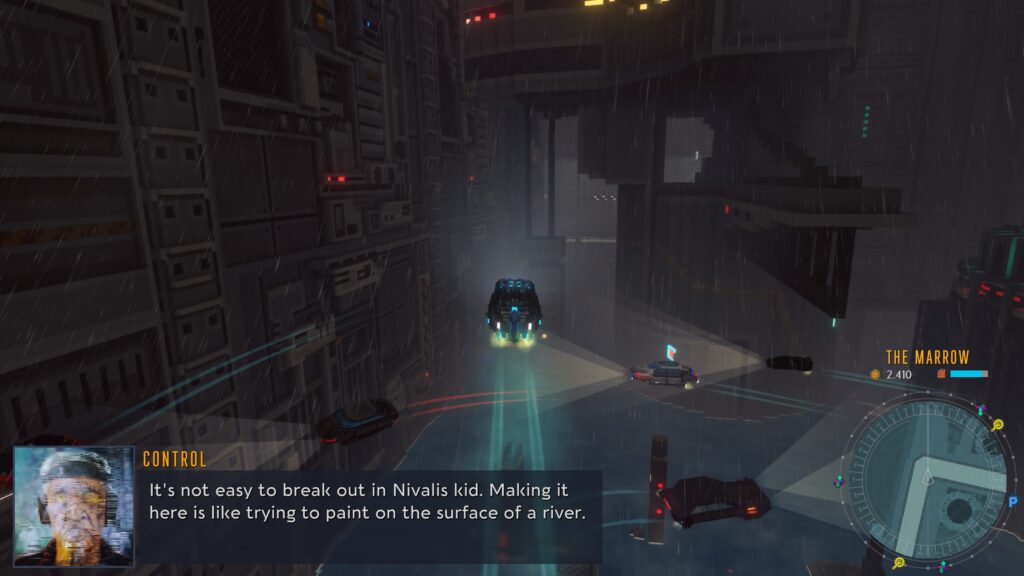
Aesthetically, this game is pretty good. It uses voxel art (that’s cubes instead of dots) pretty well, the music ambient, synthy, and very fitting, and the soundscape… Police fly by, hovercars and trucks (called HOVAS, collectively) whibbleywhoo over the place, and the rain… Nearly always… The rain.
I don’t really have bad things to say, to be honest, but if a game mostly about exploring in your car and on foot, about keeping the gas going, keeping your HOVA repaired, and exploring the story isn’t for you, then it isn’t for you. If it is, Cloudpunk’s a pretty solid example of an exploration game with narrative, not just story.
…And I do love me narrative…


